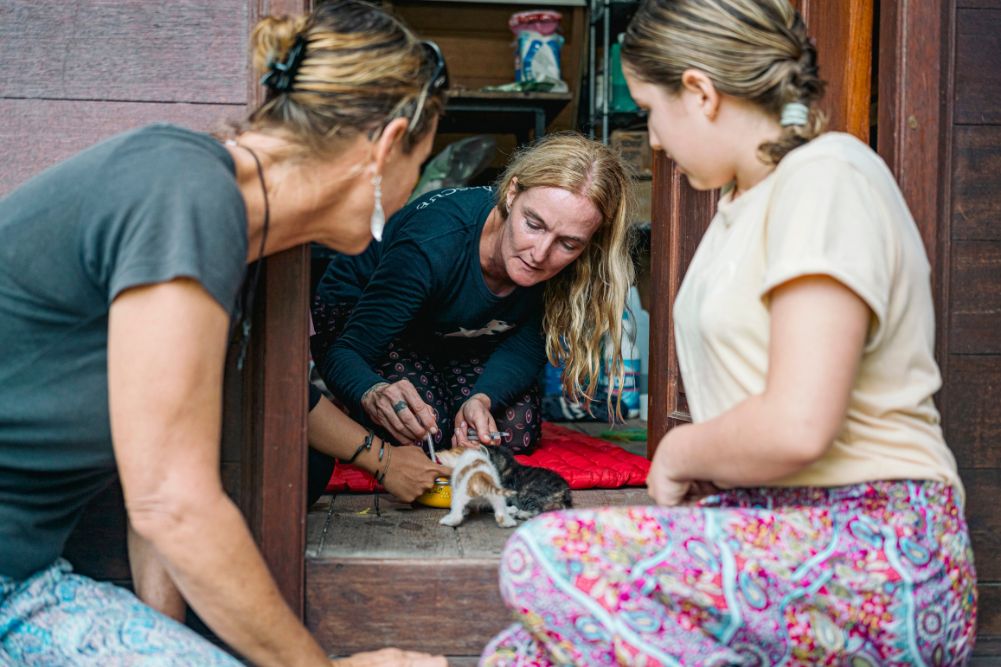Eco Driving
Eco driving
You’ve heard of hybrid cars and ethanol-blended and diesel fuels, but what about other eco-friendly, auto-related alternatives experts are investigating or perfecting as we speak? Here are some of the most exciting and quirky innovations designed to reduce carbon dioxide emissions and damaging effects on the environment.
Friendly fuel
Orange peel
This possible fuel alternative was accidentally discovered by a group of students from the University of Guadalajara in Mexico while researching essential oils! Based on their research, the students believe the fermented sugars from orange peel add oxygen to fuel, which helps neutralise its carbon monoxide emissions. The Mexican government thinks it sounds appealing and is feeling the squeeze to further research the idea.
Beer
What do you do if you’re a beer brewery and have millions of litres of beer waste? Take a hint from American brewery Coors, which has been converting beer waste (beer lost during packaging or deemed below quality standards) into ethanol since 1996. Ethanol production from waste beer also helps the company eliminate around 70 tonnes of volatile organic compounds (VOCs — bad for the environment) from its emissions annually.
Algae
Scientists from US renewable fuel company Sapphire Energy have created a high-octane fuel made from algae, sunlight, carbon dioxide and non-potable water that’s chemically identical to crude oil. They call it “green crude”. They say it’s compatible with our cars so we won’t need to modify them at all to use it. Green crude is also carbon neutral, renewable and doesn’t require food crops or agricultural land to produce.
Jatropha bush
An ugly, poisonous weed called jatropha may turn out to be a most prized and precious alternative fuel source. Its seeds contain about 40 per cent oil and, when crushed, the resulting oil can be used in diesel-engine vehicles and the residue can be processed to power electricity plants. The bush can grow in even the driest environments and can survive up to three years’ drought. BP and British company D1 Oils are working on developing jatropha fuel.
Vegetable oil
Apparently, some diesel engines can run on vegie oil from the supermarket! But the engine needs to be modified first because the oil needs to be heated in a special way so it doesn’t clog the engine (it’s thick). But this is pretty dodgy at the moment and it’s best to hang onto your vegie oil until more research has been done.
Even better — hydrogen
Companies are working on this as we speak! Hydrogen is the element that makes water when it’s combined with oxygen and is the most abundant element in the whole universe. Now that’s out of this world.
New meaning to “chocolate drives”
Fact: Eco-innovation companies Ecotec and Biotruck drove 6000 kilometres through the Sahara Desert using 1500 litres of their experimental chocolate-enhanced biodiesel. Let’s hope they can perfect and mass-produce their fuel so we can start using it, too!
Green rides
Coconut cars
Researchers from Baylor University in Texas have found a way to turn fibres from the outer husks of coconuts (which are usually thrown away or incinerated) into car-door interiors, floorboards and boot liners. And there are potential health benefits, too: discarded coconut husks can cause health hazards in countries such as the Philippines, Indonesia and India; when left to rot in the rain they’re the perfect breeding ground for malaria-infected mosquitoes.
Top 10 Most Eco-Friendly Cars in Australia
- Toyota Prius
- smart fortwo
- Suzuki Alto
- Volkswagen Polo
- Honda Jazz
- Toyota Yaris
- Toyota Camry Hybrid
- Volkswagen Golf
- Alfa Romeo MiTo
- Hyundai Getz
(As rated by The Government’s Green Vehicle Guide, www.greenvehicleguide.gov.au). You can also find the most eco-friendly SUVs and larger family cars at www.motherdriven.com.au
Green driving tips
- Check your tyre pressure every two to four weeks. Cars with under-inflated tyres use more fuel.
- Turn off your engine if you’re going to be stuck in traffic for a long time. Idling your car for more than 30 seconds uses more fuel than it does to restart the engine.
- Consider downsizing. A large car costs around $50 more a week in operating costs than a small or light car.
- Consider driving a scooter! They use as little as two litres of fuel per 100 kilometres.
- Carpool with friends, workmates and family.
- Spring-clean your car! You waste extra fuel by carrying heavy items in your boot.
- On hot days, refuel your car in the cooler evening to reduce air pollution from petrol evaporation.
- If you have an automatic, use overdrive to save up to 10 per cent of petrol. You can find more tips at www.autochic.com.au







